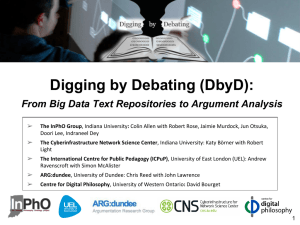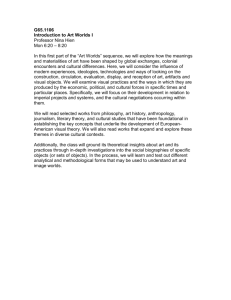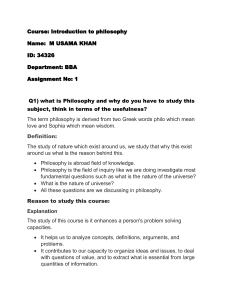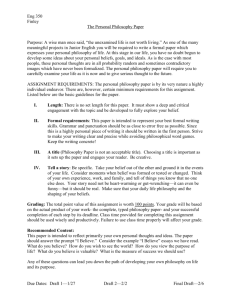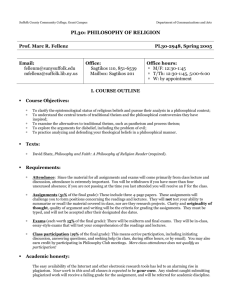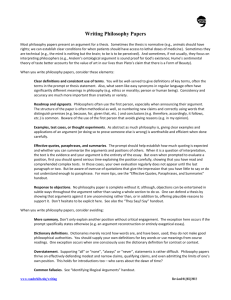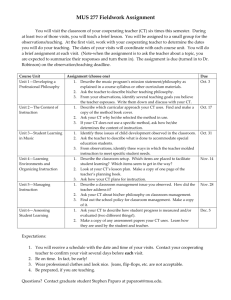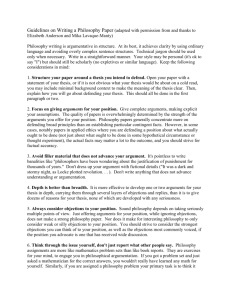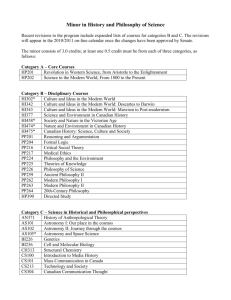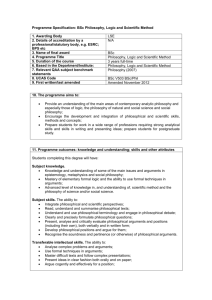Philosophy 202 Symbolic Logic
advertisement
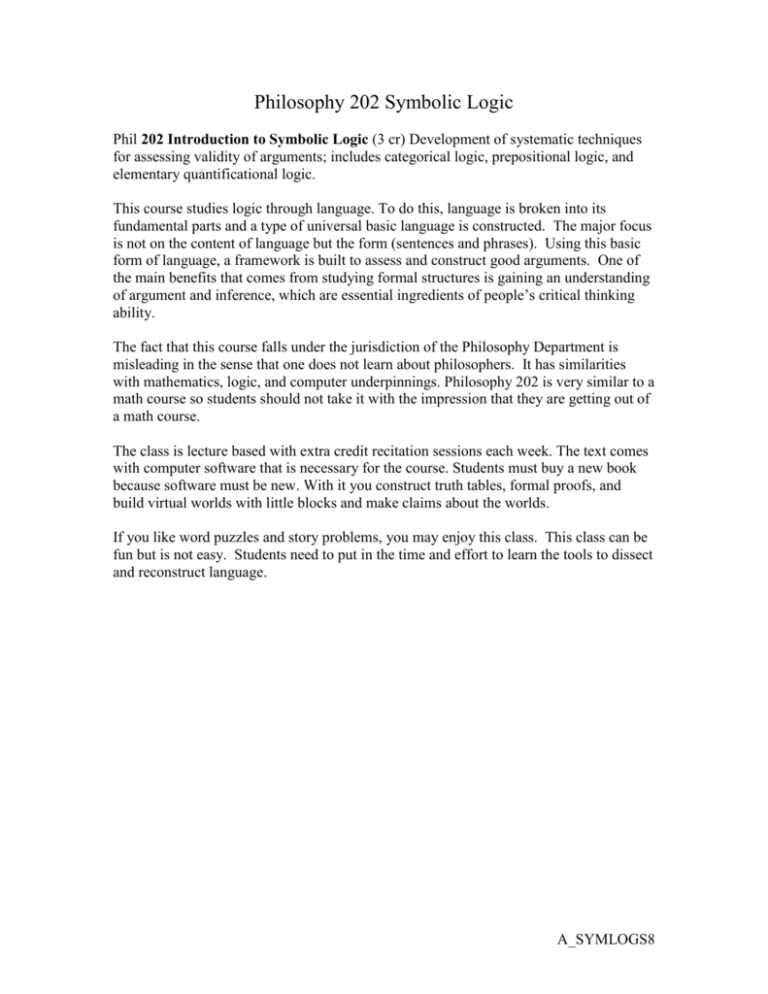
Philosophy 202 Symbolic Logic Phil 202 Introduction to Symbolic Logic (3 cr) Development of systematic techniques for assessing validity of arguments; includes categorical logic, prepositional logic, and elementary quantificational logic. This course studies logic through language. To do this, language is broken into its fundamental parts and a type of universal basic language is constructed. The major focus is not on the content of language but the form (sentences and phrases). Using this basic form of language, a framework is built to assess and construct good arguments. One of the main benefits that comes from studying formal structures is gaining an understanding of argument and inference, which are essential ingredients of people’s critical thinking ability. The fact that this course falls under the jurisdiction of the Philosophy Department is misleading in the sense that one does not learn about philosophers. It has similarities with mathematics, logic, and computer underpinnings. Philosophy 202 is very similar to a math course so students should not take it with the impression that they are getting out of a math course. The class is lecture based with extra credit recitation sessions each week. The text comes with computer software that is necessary for the course. Students must buy a new book because software must be new. With it you construct truth tables, formal proofs, and build virtual worlds with little blocks and make claims about the worlds. If you like word puzzles and story problems, you may enjoy this class. This class can be fun but is not easy. Students need to put in the time and effort to learn the tools to dissect and reconstruct language. A_SYMLOGS8









